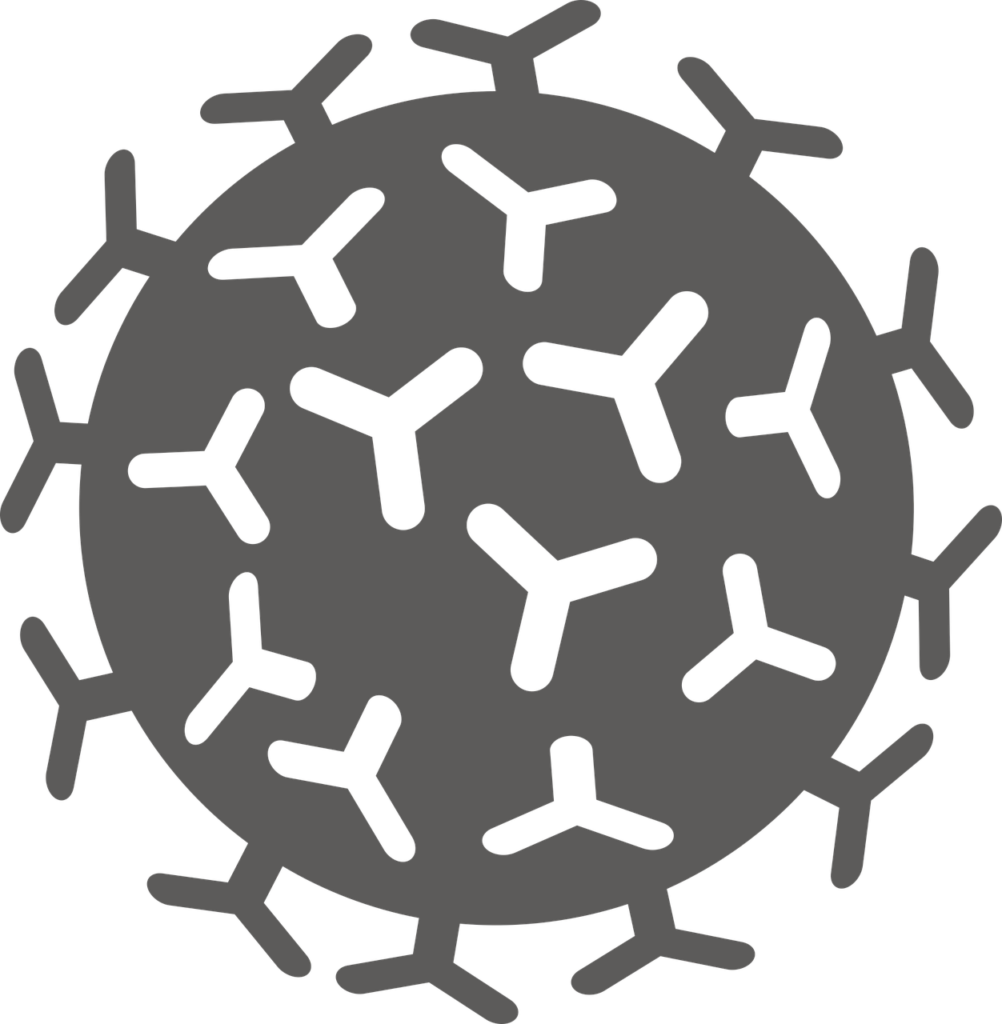Polycystic Ovarian Syndrome (PCOS)
Irregular menstrual cycles caused by hormonal imbalance.
Polycystic ovarian syndrome (PCOS) results from the imbalance of reproductive hormones as well as metabolism problems in women. A women with PCOS may experience infertility or development of cysts in ovaries.
SYMPTOMS
Symptoms of PCOS typically develop around the first period during puberty. Symptoms of PCOS may overlap with other illnesses, such as Endometriosis. Experiencing two or more of the following symptoms can be an indicator of PCOS:
-
Irregular or skipped period
An egg may not develop as it should or may not be released during ovulation, resulting in a skipped or irregular period.
-
Heavy flow
Increased menstrual bleeding sometimes during an extended period of time.
-
Hirsutism
Excessive hair growth on face, chest and back.
-
Baldness on scalp
Male pattern baldness may develop in women.
-
Oily face/cystic acne
Face and back acne
-
Cysts on ovaries
Fluid filled sacs form on the outside and/or inside of the ovaries.
-
Excessive weight gain
Obesity, usually around the belly.
You're not alone!

DIAGNOSIS
Physical Exam
-
Your doctor will look for any signs of hirsutism, acne , dark skin patches, and hair loss. They will measure your blood pressure, body mass index (BMI), and waist size.
Pelvic Test
-
Your doctor will conduct this test to check for increased male hormones and check your ovaries.
Pelvic Ultrasound
-
Your doctor will use a sonogram check for any ovarian cysts and the linking of your uterus (endometrium).
Blood Tests
-
Your doctor will check for the excess levels of male hormones’ (androgen hormones) in your blood. They will also try to rule out any other illnesses that may be causing these symptoms.
SOLUTIONS
TRADITIONAL SOLUTIONS
Surgery
-
For people with PCOS, one side effect can be difficulty conceiving. Laparoscopic ovarian drilling is an uncommon surgical procedure that may trigger ovulation for people who are failing to conceive after weight loss and fertility medication. Electrocautery or a laser are used to destroy parts of the ovaries which may help to restore regular ovulation cycles, but also runs the risk of becoming irregular again over a period of time.
This is done through a laparoscopy (small incision) with a small cut at the belly button where a tube is placed to inflate the abdomen with a little bit of carbon dioxide. The carbon dioxide allows the surgeon to view the internal organs without damaging them. After this procedure, you will go home the same day, in most cases, and can return to normal activities from a few days to 2-4 weeks depending on recovery.
Over the counter medications
-
While all medications used to treat symptoms of PCOS are prescription and must be approved by a physician, anti-inflammatory painkillers such as ibuprofen can help relieve period pain. The painkillers inhibit the production of prostaglandins(a group of hormones that will cause pain and also cause the muscles and blood vessels of the uterus to contract). Studieshave shown that ibuprofen (Advil or Motrin) is effective at relieving period pain that acetaminophen (Tylenol).
Birth Control
-
Contains a mixture of female hormones.
Traditional types contain estrogen and progestin, which are similar to the natural hormones that the body produces.
-
Monophasic: both estrogen and progestin are taken in the 21 cycle which may produce fewer side effects.
Biphasic: estrogen amounts remain the same, but protein dosage changes in order to mimic the body’s natural hormone changes
Triphasic: both amounts of estrogen and progesterone varying the 21 day cycle.
ALTERNATIVE SOLUTIONS
Chaste Berry
-
A 2014 study found that ingesting the plant Chaste Berry (vitex agnus-castus), (which is often consumed in pill form) can aid in menstrual cycles affected by PCOS. Chaste Berry increases progesterone levels by increasing the LH (luteinizing hormone) levels, and it suppresses prolactin levels – the result is increased ovulatory cycles, which remedies one of the largest issues PCOS patients are facing today. Chasteberry is available in liquid, capsules, and tablets. It is most commonly ingested at 20/40mg a day.
Shatavari
-
Known as the “Queen of Herbs”, Shatavari has been used for centuries as a hormone balancer and a general tonic to uplift general health and libido. NetMeds.com, an online pharmacy based in India utilizes the pill form often. Shatavari is a powerful adaptogenic herb, it has several benefits for those who consume it. A person can buy the supplement in powder, tablet, or liquid form. The usual dose of shatavari tablets is 500 milligrams, and a person may take this up to twice a day. A liquid dose of Shatavari extract is usually diluted in water or juice and ingested up to three times a day. This potent herb has been known to aid those with diabetes by preventing high cholesterol and triglyceride levels, and also helps in the treatment of bacterial and fungal infections, infertility, and depression.
COVID-19 IMPACT

-
PCOS PATIENTS:
The COVID-19 pandemic has brought upon an unprecedented emergence of health risks for people living with PCOS. For those with Polycystic Ovary Syndrome, the risk of a severe reaction to COVID-19 increases greatly. Newfound data links the risk of severe COVID-19 with direct symptoms seen in PCOS patients, which includes hyper-inflammation, ethnicity predisposition, low vitamin D levels, and hyperandrogegism (excessive testosterone levels in females). There is also a remarkably high prevalence of multiple cardio-metabolic conditions, including Type 2 Diabetes, obesity and hypertension, which may significantly increase the risk for adverse COVID-19-related outcomes. This strong overlap of risk factors alongside COVID-19 should be highlighted for clinical practices, especially those who serve patients with PCOS, who too often receive fragmented care from healthcare services. PCOS is a life-long condition and cannot be cured. However, the symptoms can be managed with various kinds of treatment, both allopathic and holistic.
Patients who implement certain lifestyle changes can alleviate symptoms of PCOS while simultaneously lowering their risk for severe COVID-19 infections. Combinations of oral contraceptives such as birth control pills (for regulation of menstrual cycles), Metformin (diabetes treatment), or Clomiphene (fertility treatment) can mitigate symptoms and complications of PCOS. More holistic treatment studies have found that ingesting Chaste Berry (vita agnus-castus) improved menstrual regularity and treatment of infertility. General lifestyle changes such as weight management can simultaneously reduce the risk of issues such as Type 2 Diabetes as well as lowering the risk of severe COVID-19 infections. For those looking to get pregnant, Gonadotropins (a fertility medication for ovarian stimulation) has been proven to increase chances of fertilization in PCOS patients.
